Kaspersky grants healthcare bodies free security software
Six months of fully-licensed software includes cloud security and Microsoft Office 365 protection
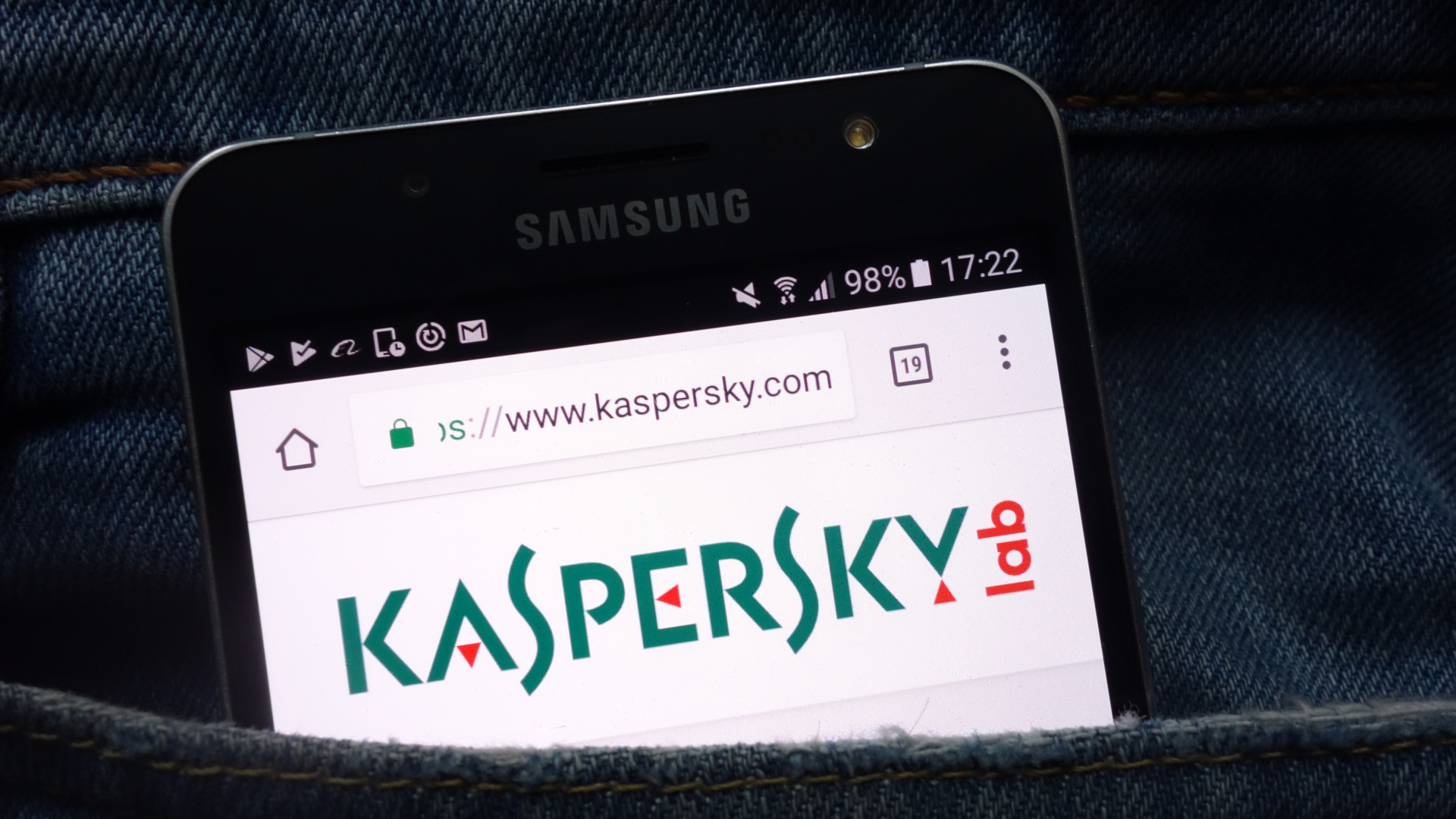

Kaspersky has offered medical organisations free enterprise security software for six months to stay protected from cyber security threats as they begin to grapple with the brunt of the coronavirus outbreak.
The full product licenses span a host of B2B products, including endpoint and cloud infrastructure protection platforms such as Kaspersky Endpoint Security for Business Advanced, and Kaspersky Hybrid Cloud Security.
Healthcare bodies can also take advantage of six months’ usage of the firm’s software as a service (SaaS) endpoint protection product, dubbed Endpoint Security Cloud Plus, as well as its Microsoft Office 365 protection suite.
The Russian firm has extended the offer just as healthcare organisations, and wider businesses, face a wave of threats tied with the global pandemic.
Hackers, for example, are exploiting the general confusion around the outbreak to launch phishing attacks by posing as bodies like the Centre for Disease Control (CDC) and the World Health Organisation (WHO). These are similar to the kinds of attacks that were launched during the Ebola outbreak.
Healthcare systems have also been facing a wave of serious threats, including the NHS in Cumbria, which alone has been hit by more than 150 cyber attacks in the last five years.
“In this critical situation, healthcare institutions are under immense pressure and carry huge responsibility while saving people’s lives and fighting against the infection,” said VP of Kaspersky’s global sales network Evgeniya Naumova.
Get the ITPro daily newsletter
Sign up today and you will receive a free copy of our Future Focus 2025 report - the leading guidance on AI, cybersecurity and other IT challenges as per 700+ senior executives
“Doctors, nurses and all medical staff take on most of the load and therefore need any support possible. We feel that it is our duty to support the medical community.”
The offer has been made so these organisations can channel their efforts into fighting the pandemic instead of worrying about their security setup over the next six months. Hospitals and medical institutions, in particular, will need to ensure the stability of equipment, and that data is freely flowing from system to system, and that staff can access it.
Kaspersky has also outlined a set of measures that healthcare organisations can take to raise their cyber resilience, including implementing awareness training for both medical and administrative staff.
The company has also recommended that hospitals re-examine their security systems to ensure they’re updated and configured properly, which includes turning on any firewalls and ransomware protection.
Hospitals urgently hiring more staff, meanwhile, including nurses and doctors, are also being advised to keep a handle on the growing number of endpoints that will come as a result.
In the same vein, medical devices should be properly configured and updated, including crucial equipment like ventilators, with the supply of these critical devices likely to ramp up significantly in the coming weeks and months.
Organisations around the world are taking measures to refocus their energy and efforts into frontline healthcare. NHS Trusts, for instance, have been granted a six-month delay to complete critical cyber security checks in order to focus their efforts on treating patients.

Keumars Afifi-Sabet is a writer and editor that specialises in public sector, cyber security, and cloud computing. He first joined ITPro as a staff writer in April 2018 and eventually became its Features Editor. Although a regular contributor to other tech sites in the past, these days you will find Keumars on LiveScience, where he runs its Technology section.
-
 Bigger salaries, more burnout: Is the CISO role in crisis?
Bigger salaries, more burnout: Is the CISO role in crisis?In-depth CISOs are more stressed than ever before – but why is this and what can be done?
By Kate O'Flaherty Published
-
 Cheap cyber crime kits can be bought on the dark web for less than $25
Cheap cyber crime kits can be bought on the dark web for less than $25News Research from NordVPN shows phishing kits are now widely available on the dark web and via messaging apps like Telegram, and are often selling for less than $25.
By Emma Woollacott Published
-
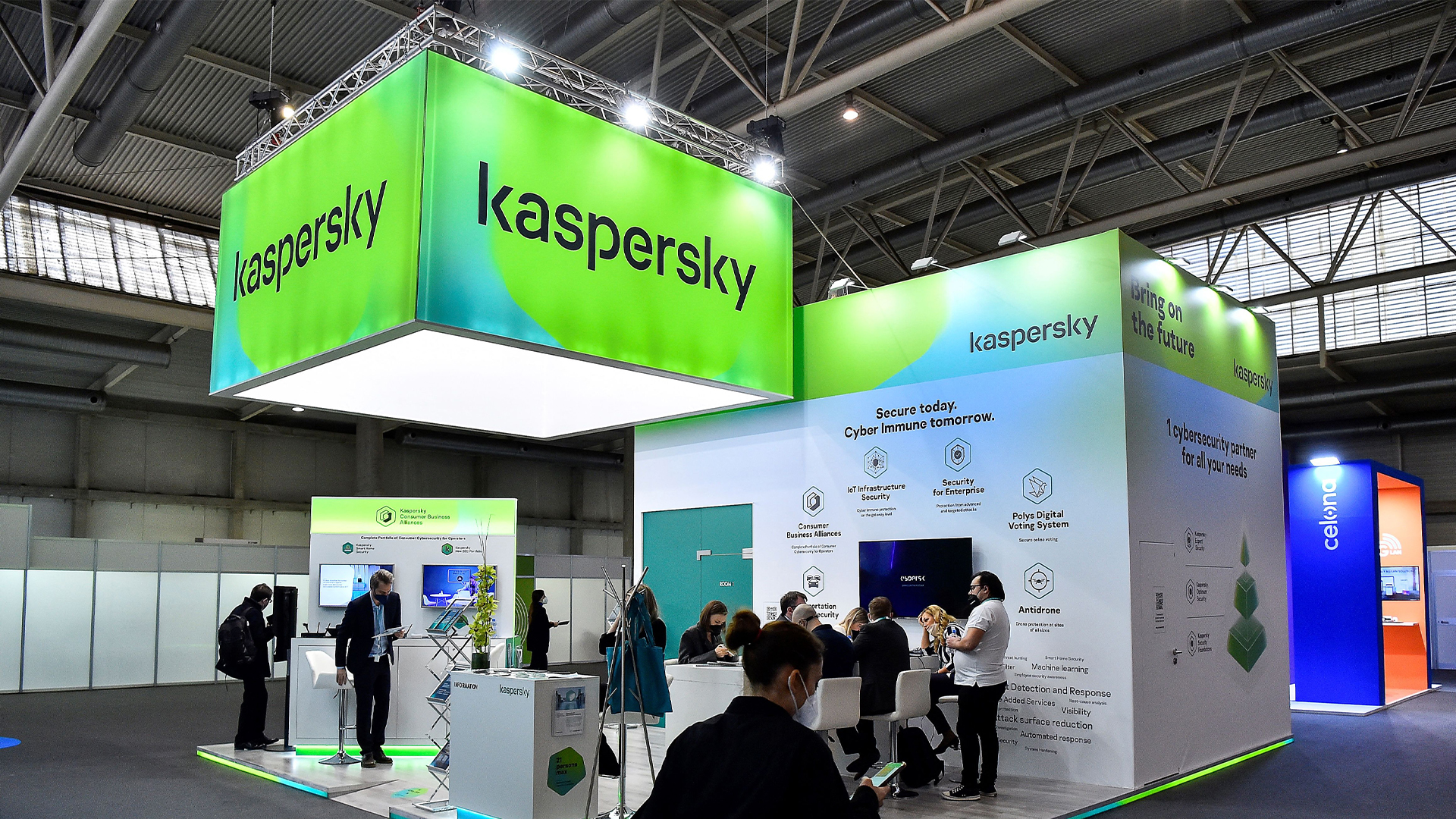 Almost half of US organizations still using Kaspersky, researchers claim
Almost half of US organizations still using Kaspersky, researchers claimNews A ban was introduced due to Kaspersky’s supposed links to the Russian government
By George Fitzmaurice Published
-
 Enterprises are struggling to fill senior cybersecurity roles — and it's causing staff burnout to skyrocket
Enterprises are struggling to fill senior cybersecurity roles — and it's causing staff burnout to skyrocketNews Many senior roles take months to fill, creating cumbersome workloads for mid-level staff and increased burnout
By Emma Woollacott Published
-
 Kaspersky to shut down US division ahead of sales ban
Kaspersky to shut down US division ahead of sales banNews The Russian security company will exit the US and cut staff ahead of a government-imposed sales ban
By Nicole Kobie Published
-
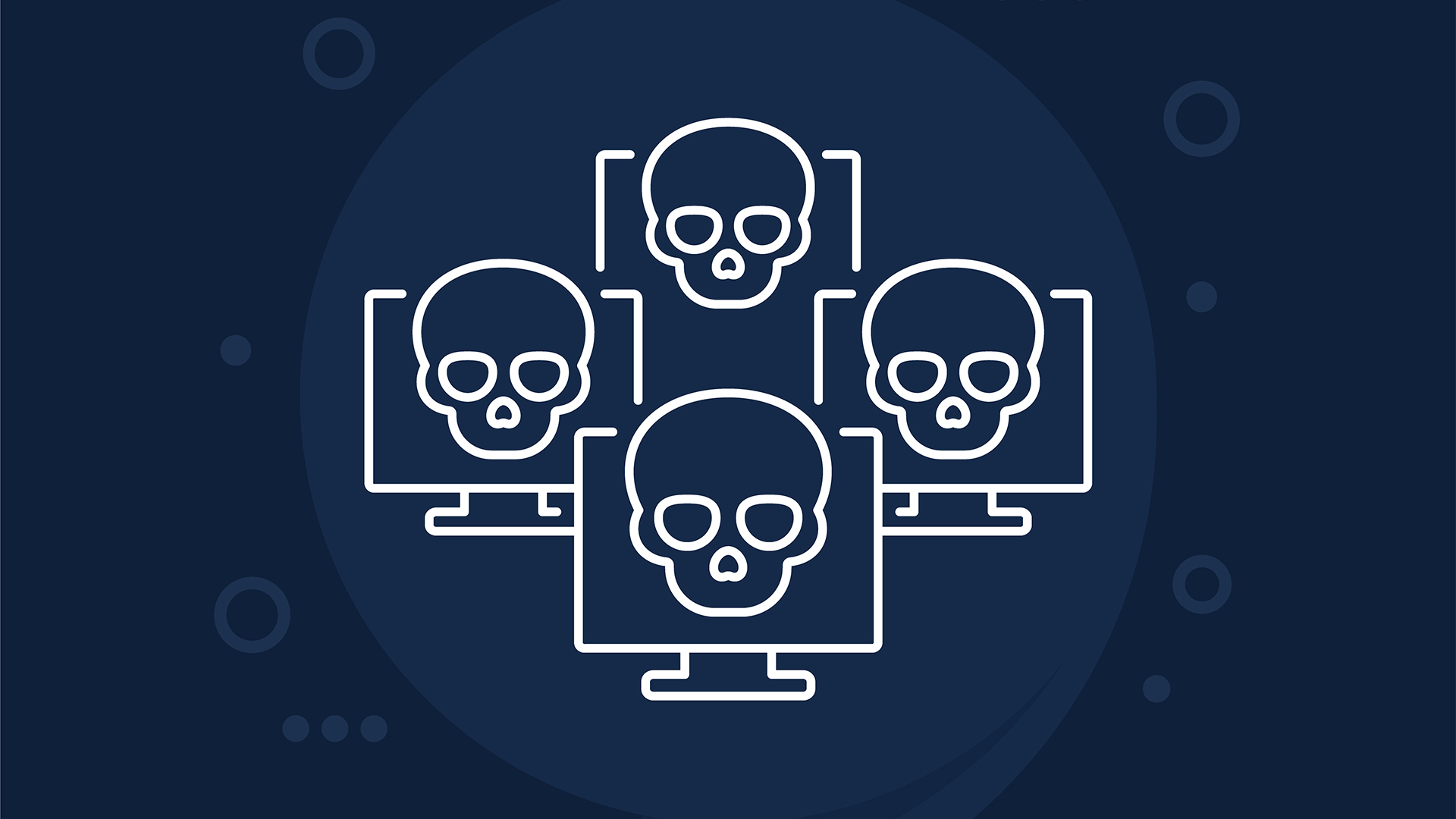 Botnets are being sold on the dark web for as little as $99
Botnets are being sold on the dark web for as little as $99News More than 20 offers for botnets for hire or sale have been discovered on dark web forums and Telegram channels this year
By Emma Woollacott Published
-
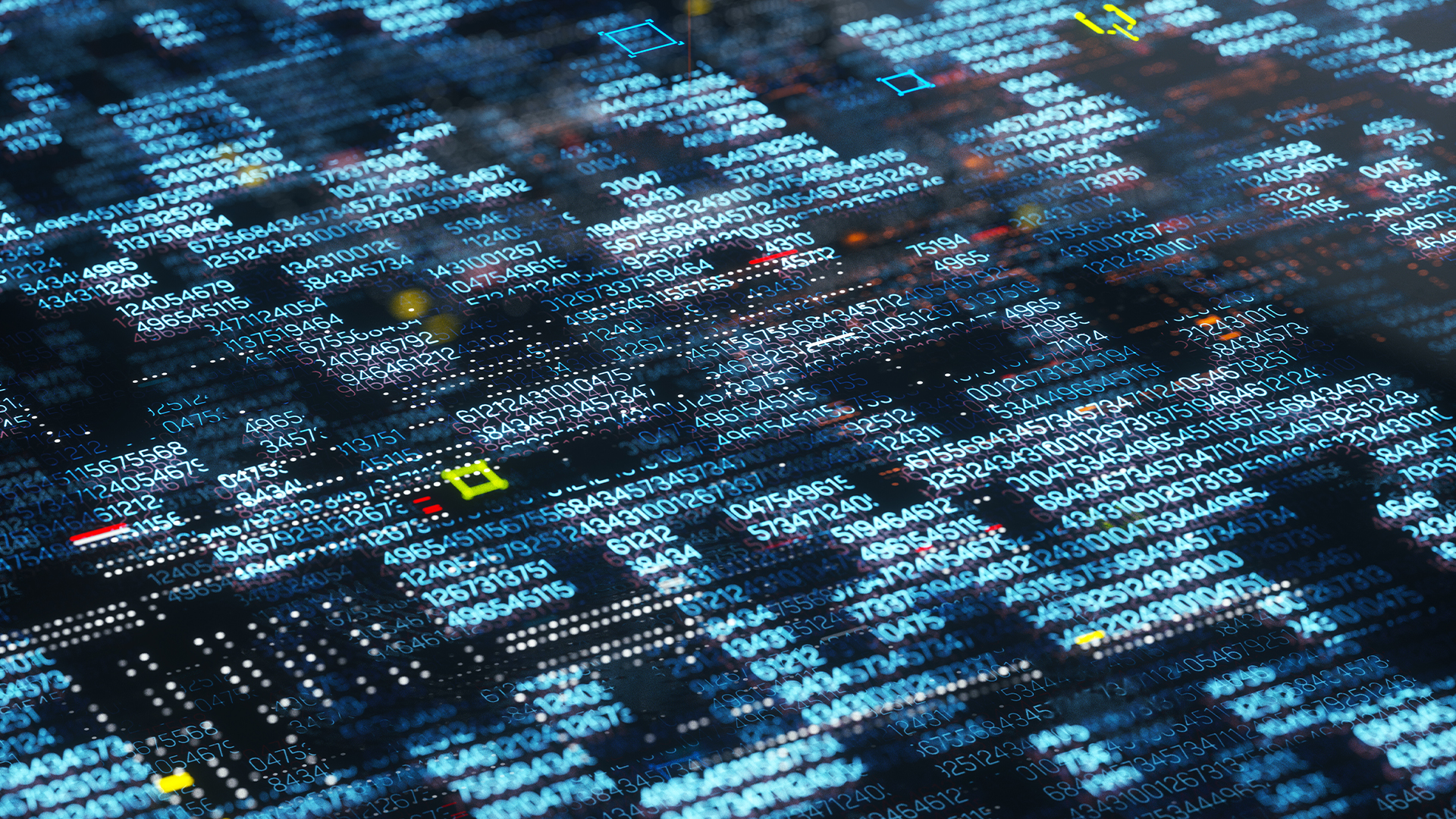 Small businesses face continued security threats as trojan attacks surge
Small businesses face continued security threats as trojan attacks surgeNews Cyber attacks on small businesses are still growing at a steady pace
By Emma Woollacott Published
-
 Most passwords take a matter of minutes to crack – here’s how you can create strong, hacker-resistant credentials
Most passwords take a matter of minutes to crack – here’s how you can create strong, hacker-resistant credentialsNews Passwords are still criminally insecure and can be cracked or guessed by hackers with ease, but what precautions can you take to avoid getting breached?
By Solomon Klappholz Published
-
 Kaspersky hits back at US software ban, citing political motivations and “theoretical concerns”
Kaspersky hits back at US software ban, citing political motivations and “theoretical concerns”News Kaspersky said it has “repeatedly demonstrated" its independence from any government interference
By Ross Kelly Published
-
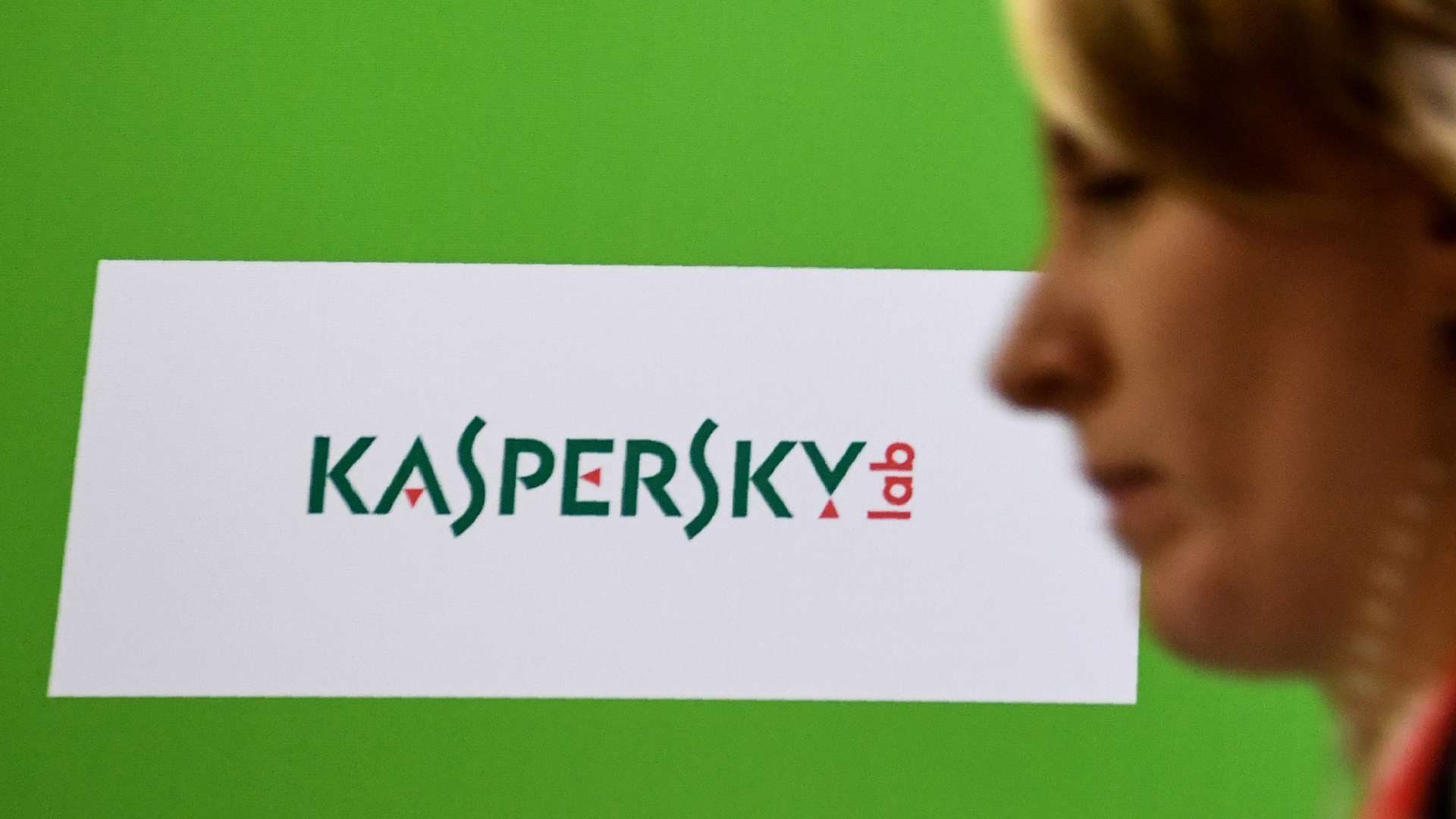 US poised to ban sales of Kaspersky software – reports
US poised to ban sales of Kaspersky software – reportsNews Kaspersky has long denied any links to the Russian government
By Ross Kelly Published